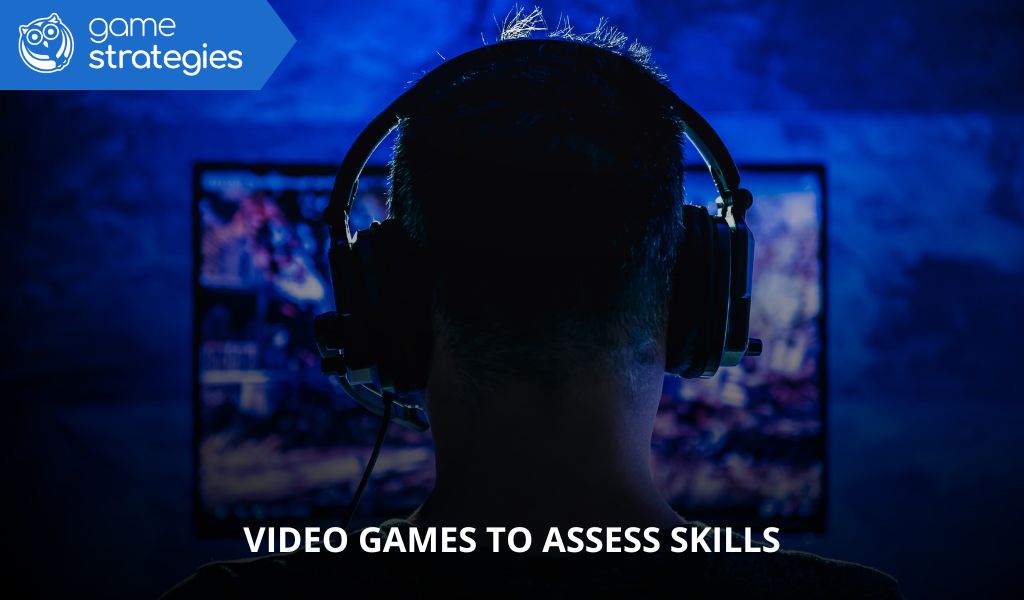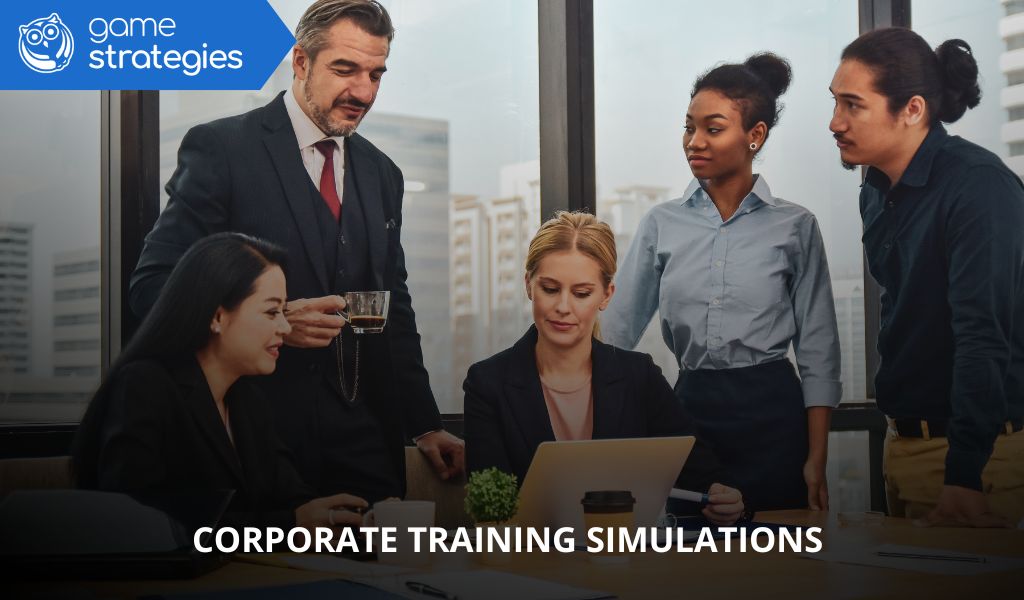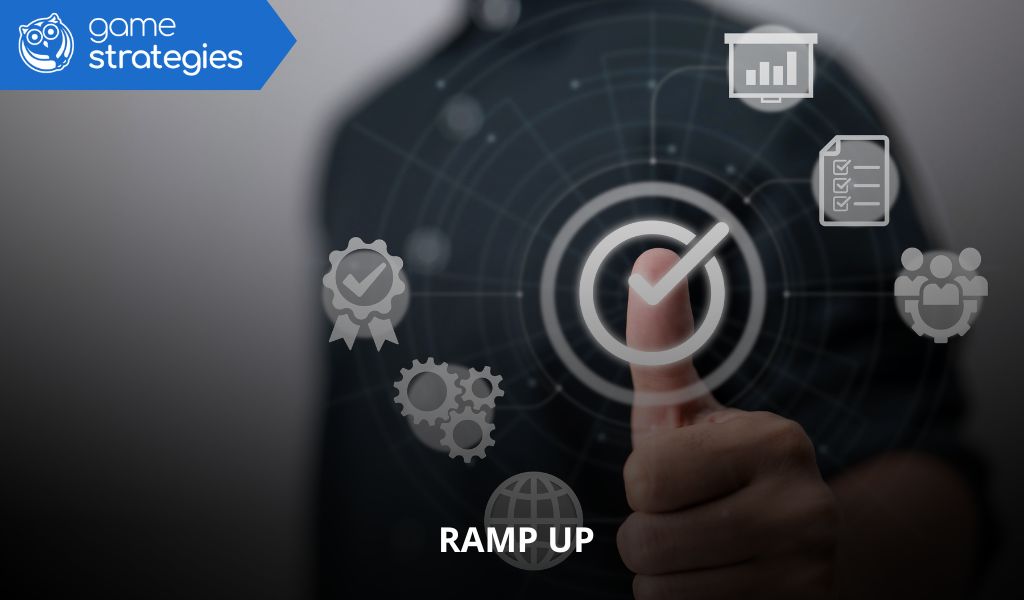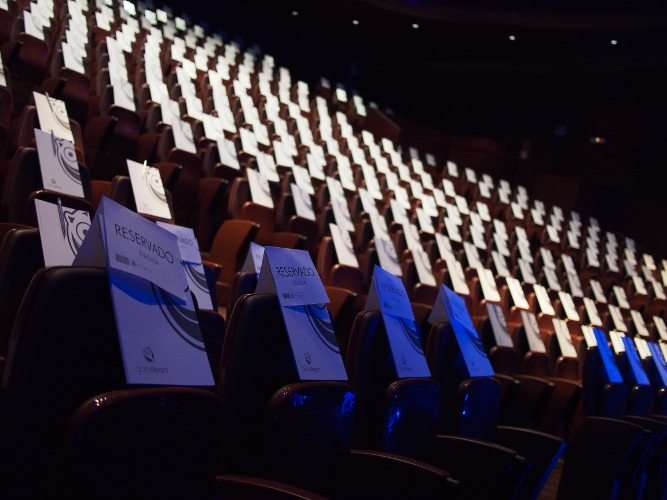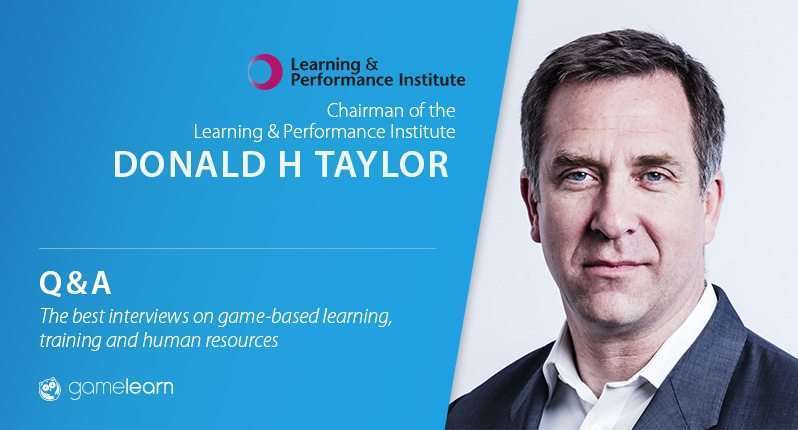Video games to assess skills, also known as serious games, are gaining ground in recruitment and talent development processes. They allow organisations to identify not only technical knowledge but also soft skills, behavioural patterns, and adaptability—all within a controlled and engaging environment.
In this article, we explore the advantages, skills to be assessed, game design, success stories, impact measurement, and best practices for using video games in professional evaluation. This approach is a key tool to enhance your employer branding, integrate gamification, and improve accuracy in selection processes.
Key advantages of using video games to assess skills
- Objective and standardised evaluation: Serious games ensure that all candidates face the same challenges, reducing subjective bias.
- Enhanced and engaging experience: Immersion increases involvement, boosting reliability compared with traditional tests.
- Behavioural insight: Gameplay reveals behavioural indicators such as leadership styles or rapid decision-making patterns.
- Time and resource efficiency: Automating part of the evaluation reduces manual stages and accelerates hiring.
- Quantifiable data and KPI metrics: Systems provide measurable results, useful for tracking gamified assessment KPIs.
What skills can be assessed with video games?
Communication and leadership in multiplayer environments
Multiplayer video games to assess skills simulate teamwork dynamics where participants must coordinate in real time, allocate responsibilities, resolve conflicts, and make joint decisions.
These experiences reveal collaborative leadership, communication effectiveness, and empathy—skills that directly transfer to remote work, interdepartmental coordination, and distributed team management.
Problem-solving and critical thinking under pressure
Virtual environments with puzzles, complex simulations, or dynamic scenarios are ideal for assessing analytical ability, prioritisation, and effective decision-making under time constraints.
They show how participants process information, identify patterns, and discard inefficient options. These skills are critical in project management, customer service during crises, or agile production settings.
Adaptability, creativity, and time management
Some video games to assess skills measure responses to rapidly changing environments or resource-limited situations. They challenge players to adapt constantly, reorganise priorities, and find strategies to reach objectives, highlighting time management and adaptability.
Creative games reward original solutions, making them valuable for assessing divergent thinking and innovation—essential in roles linked to design, marketing, and strategic problem-solving.
Designing video games for professional evaluation
An effective serious game must:
- Set clear goals and metrics: Each mission should measure a specific skill with predefined KPIs.
- Create realistic and relevant scenarios: Simulations must reflect real workplace challenges.
- Provide real-time, controlled feedback: Players should receive performance insights to reflect on decisions.
- Include familiar game mechanics: Levels, scores, badges, and missions aligned with real objectives.
- Adapt difficulty: Levels should adjust to performance for a fair, balanced experience.
This is the same approach we use at Game Strategies, where we design simulators that measure competencies with accuracy, engagement, and reliable data.
Platforms and corporate success stories
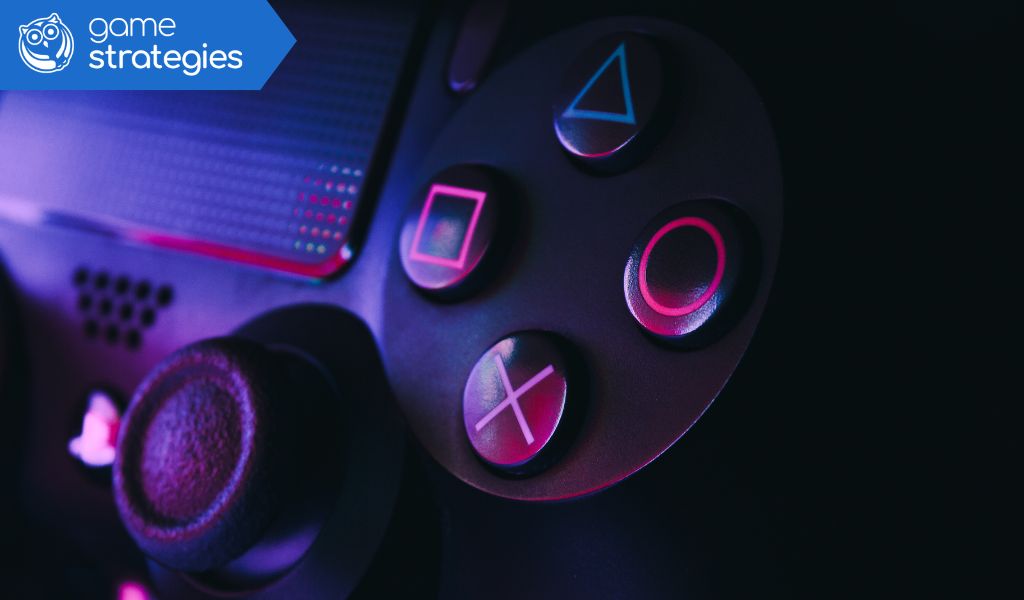
Key platforms in the market
- Game Strategies: Provides simulations for assessment and development, integrated with training, onboarding, and recruitment.
- Other specialised solutions exist, but few combine recruitment, evaluation, and development in a single platform.
Success stories
- Retail recruitment: Using gamified scenarios to evaluate interpersonal and sales skills reduced hiring errors by 30%.
- Leadership assessment: Multiplayer simulators identified high-potential employees, later integrated into development tracks.
- Employer branding gamification: Strengthened brand positioning by offering modern, engaging candidate experiences.
Measuring results and validating impact
For serious games to be effective, impact must be measured:
- Define success indicators—accuracy, decision-making rates, comparative performance.
- Compare with traditional methods—interviews, psychometric tests, or on-the-job results.
- Track long-term evolution—monitor candidates’ performance after hiring.
- Measure participant satisfaction—surveys on usability, engagement, and motivation.
- Calculate ROI and cost reduction—lower turnover, reduced hiring times, and productivity gains.
Dashboards and gamified assessment KPIs available on platforms like Game Strategies simplify reporting and analysis.
Recommendations and best practices
- Align design with your strategy—decide which competencies matter and why.
- Run controlled pilots—test with small groups before large-scale deployment.
- Ensure privacy and ethics—explain data use, storage, and feedback methods.
- Combine assessment with development—add training paths after evaluation.
- Integrate with HR systems—connect platforms to ATS, LMS, or HR software.
- Communicate objectives clearly—ensure participants know what’s being assessed.
- Iterate based on feedback—adjust simulations’ difficulty, duration, and content regularly.
Using video games to assess skills marks a significant step forward in identifying professional abilities by providing objective data, realistic environments, and memorable experiences.
Far from being a passing trend, serious games in recruitment and development are a strategic choice: they improve hiring quality, optimise processes, and enhance employer branding.
With specialised platforms like Game Strategies, you can design tailored simulations, measure skills precisely, and connect assessment with training and onboarding. This is the future of recruitment and professional development.
Do you want to apply video games to assess skills in your company?
Explore our solutions at Game Strategies and discover how to strengthen behavioural analysis through gamification.
¿De cuánta utilidad te ha parecido este contenido?
¡Haz clic en una estrella para puntuarlo!
Promedio de puntuación 0 / 5. Recuento de votos: 0
Hasta ahora, ¡no hay votos!. Sé el primero en puntuar este contenido.

